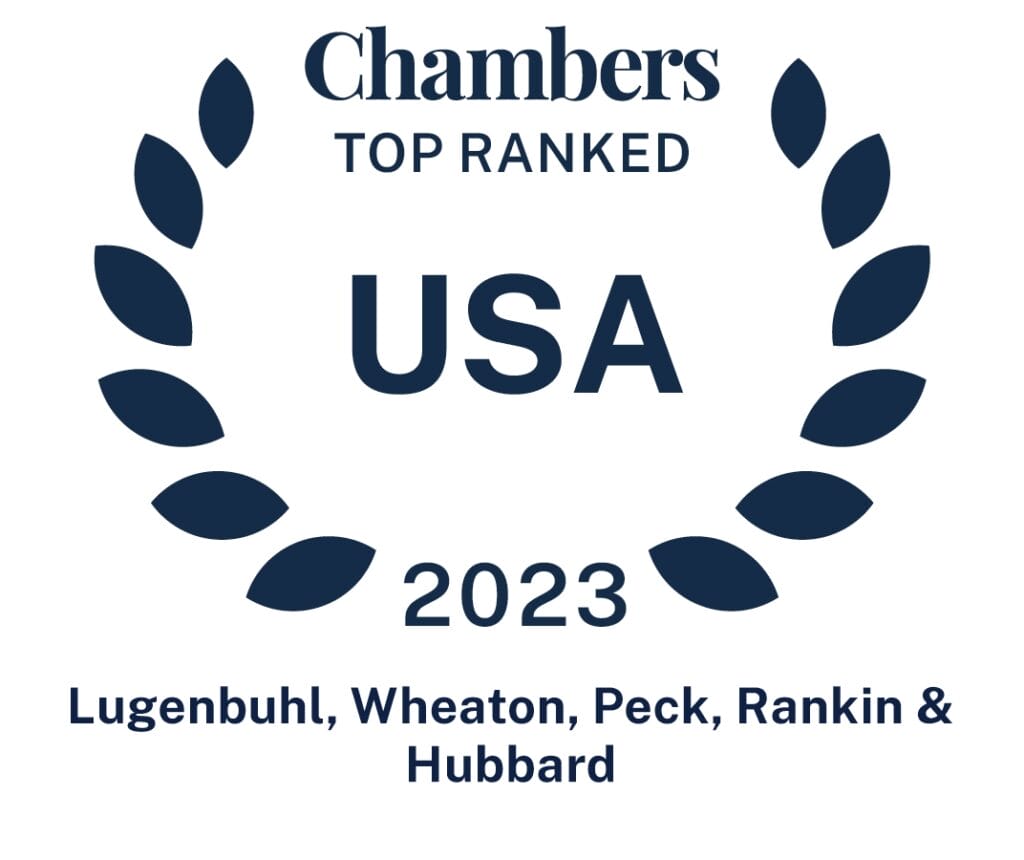The refreshingly succinct and unanimous opinion contains just two footnotes, but the second one raises some intriguing possibilities for how Parker Drilling might apply in future OCSLA choice-of-law disputes, such as those that involve the interplay of OCSLA and the Louisiana or Texas oilfield anti-indemnity acts. After formulating the decision’s holding in another way (“if a federal law addresses the issue at hand, then state law is not adopted as federal law on the OCS”), Justice Thomas muses about potential inconsistencies between federal and state laws in footnote 2:
Of course, it is conceivable that state law might be “inconsistent” with federal law for purposes of § 1333(a)(2) even absent an on-point federal law. For example, federal law might contain a deliberate gap, making state law inconsistent with the federal scheme. Or, state law might be inconsistent with a federal law addressing a different issue. We do not foreclose these or other possible inconsistencies.
Ten years ago, in its en banc decision in Grand Isle Shipyard v. Seacor Marine, 589 F.3d 778 (5th Cir. 2009), the Fifth Circuit reaffirmed that “nothing in the LOIA [is] inconsistent with federal law.” Id. at 789 (citing Hodgen v. Forest Oil Corp., 87 F.3d 1512, 1528 (5th Cir. 1996)). Could footnote 2 in Parker Drilling empower a fresh assault on the inconsistency between admiralty law (which generally allows reallocation of risk by contract) and state anti-indemnity acts, on the grounds that federal law’s silence on the enforceability of indemnity clauses in offshore contracts is a “deliberate gap”? This may be particularly interesting in the context of §§905(b) & (c) of the Longshore & Harbor Workers Compensation Act (“LHWCA”). Congress invalidated certain contractual indemnity provisions between employers and vessel interests in LHWCA § 905(b), upheld reciprocal indemnity provisions in §905(c), and, contrary to the LOIA, elected not to invalidate corresponding insurance provisions. Voisin v. ODECO, 744 F.2d 1174 (5th Cir. 1984). Is that the type of “deliberate gap” that Justice Thomas alluded to? Time will tell.
Based in Houston, Todd Crawford’s law practice includes general maritime law matters. David Sharpe is located in the New Orleans headquarters and focuses on risk management in the marine service market. Lugenbuhl’s admiralty & maritime law group provides its clients in the onshore and offshore oilfield-service and alternative energy sectors with a wide range of services. More information about the firm’s admiralty & maritime practice is available here.





